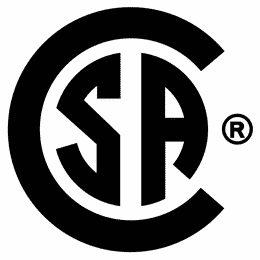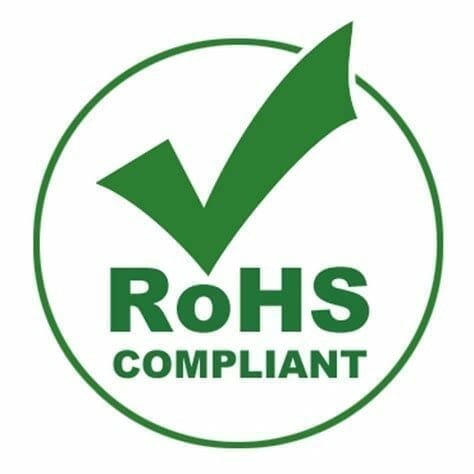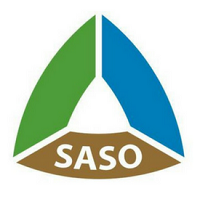LED Lighting Standards Testing and Certification: a Comprehensive Guide
Understanding lighting standards, testing, and certifications is essential for making informed purchasing decisions. Different certifications apply to specific regions and product types. This guide helps distributors and buyers identify which certifications matter most for their projects.
Note: Certification requirements may vary by application and jurisdiction. Always verify current requirements with local authorities and consult qualified professionals for specific compliance questions.
International Standards Testing and Certifications
UL (Underwriters Laboratories)
Underwriters Laboratories (UL) is an American safety consulting company founded in the late 19th century, with offices in 46 countries. UL establishes and tests safety standards for electrical devices and components.
UL is one of the most recognized certifying bodies worldwide and serves as the industry standard for safety certification in the United States.
CB (Certification Body) Scheme
The CB (Certification Body) Scheme tests electrical and electronic products according to standards defined by the International Electrotechnical Commission (IEC). This arrangement enables mutual acceptance of test reports across participating countries.
Key benefits include:
- Single test and certification process for multiple national certification marks
- Reduced trade barriers and associated costs
- Mutual acceptance of test reports between National Certification Bodies (NCBs)
- Elimination of redundant testing for different markets
North American Standards Testing and Certifications
ETL (Electrical Testing Labs)
Electrical Testing Labs (ETL) is a Nationally Recognized Testing Laboratory (NRTL) operated by Intertek, an independent electrical testing organization. ETL tests products using UL Standards for Safety and provides widely accepted listings in the United States and Canada.
Many LED Lighting Supply products carry ETL or cETL certifications. While ETL and UL both test to the same safety standards, specific requirements may vary between certifying bodies.
CSA Group
The CSA Group is a Canadian standards development organization that certifies products to various international standards. CSA testing covers electrical and electronic equipment for Canadian market compliance.
Energy Star
The Energy Star program is a joint initiative of the U.S. Environmental Protection Agency and the Department of Energy. This voluntary program identifies energy-efficient products that meet strict efficiency criteria.
Energy Star-certified lighting products include:
- Light bulbs and fixtures
- Ceiling fans
- LED recessed lighting
- Decorative lighting
Products undergo third-party testing in EPA-certified laboratories and random market verification to maintain certification.
DLC (DesignLights Consortium)
The DesignLights Consortium (DLC) is a nonprofit organization promoting quality, performance, and energy efficiency in commercial lighting. DLC membership includes utilities, regional energy programs, and efficiency organizations across the United States and Canada.
DLC-qualified products undergo testing at approved laboratories and are listed on the searchable Qualified Product List (QPL). Commercial lighting products include high bay lights, wall packs, and street lighting.
Important differences between Energy Star and DLC:
- DLC focuses exclusively on commercial lighting products
- Energy Star covers residential lighting plus other product categories
- Products typically qualify for one program or the other, not both
- Energy Star has jurisdiction priority when product categories overlap
Note: DLC qualification may make products eligible for utility rebates. Rebate availability and amounts vary by location and utility program. Consult your local utility for current offerings.
European Standards Testing and Certifications
CE (European Conformity)
CE (European Conformity) certification indicates products approved for distribution in the European Economic Area (EEA) and European Union (EU). The CE mark may include a four-digit identification number representing the certifying body.
CE certification requires RoHS compliance and adherence to applicable EU directives.
RoHS (Restriction of Hazardous Substances)
RoHS (Restriction of Hazardous Substances) compliance restricts ten hazardous materials in electrical and electronic products, including mercury, lead, and cadmium. Products must not exceed established concentration thresholds measured in parts per million (ppm) for each restricted substance.
Saudi Arabian Standards Testing and Certifications
SASO (Saudi Standards Organization)
The Saudi Standards, Metrology, and Quality Organization Certificate of Conformity (SASO CoC) is mandatory for goods exported to Saudi Arabia. This certification ensures products comply with relevant Saudi technical regulations and safety requirements.
Choosing the Right Certifications
Select certifications based on your installation location, application type, and project requirements. Commercial projects often benefit from DLC qualification for potential utility rebates, while residential applications may require Energy Star certification.
LED Lighting Supply offers products with appropriate certifications for various markets and applications. When in doubt, consult with qualified electrical professionals or local authorities to determine specific requirements for your project.




